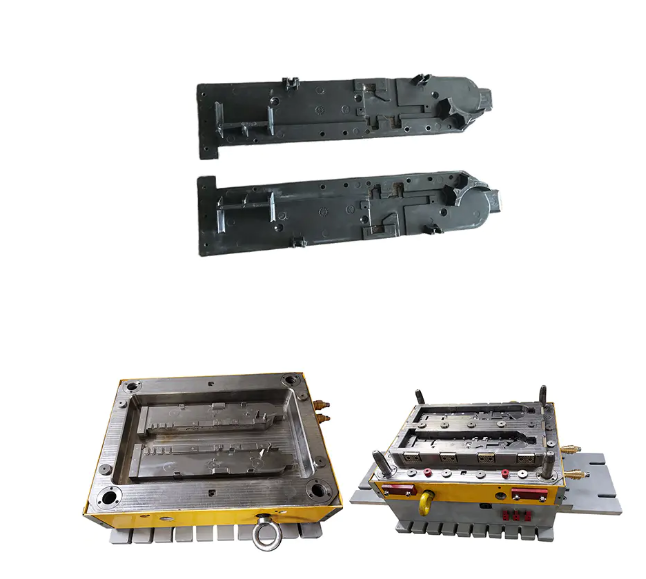Automotive plastic molds offer several distinct advantages over traditional metal molds in vehicle manufacturing. These benefits stem from the unique properties of plastics and the flexibility of the molding process.
One of the primary advantages of automotive plastic molds is their lightweight nature. Plastic components are significantly lighter than their metal counterparts, contributing to overall vehicle weight reduction. This reduction improves fuel efficiency and lowers emissions, aligning with modern automotive industry trends towards sustainability.
Another key benefit is the ability to mold complex shapes with precision. Plastic molds can be intricately designed using CAD software, allowing engineers to create components with detailed features and seamless integration into vehicle designs. This flexibility in design enhances both aesthetic appeal and functionality.
Durability is another crucial advantage of automotive plastic molds. Modern thermoplastics used in these molds are engineered to withstand harsh environmental conditions, including temperature variations and exposure to chemicals. This durability ensures that plastic components maintain their integrity over extended periods, reducing maintenance costs for vehicle manufacturers and owners alike.
Cost-effectiveness is also a significant factor driving the adoption of automotive plastic molds. The manufacturing process is generally faster and more efficient compared to metal molding techniques, reducing production time and labor costs. Additionally, plastic materials can often be recycled or reused, further lowering overall manufacturing costs and environmental impact.
In conclusion, automotive plastic molds offer a compelling array of benefits that make them indispensable in modern vehicle manufacturing. From lightweight design and precision molding to durability and cost-effectiveness, these molds continue to drive innovation and efficiency in the automotive industry.

